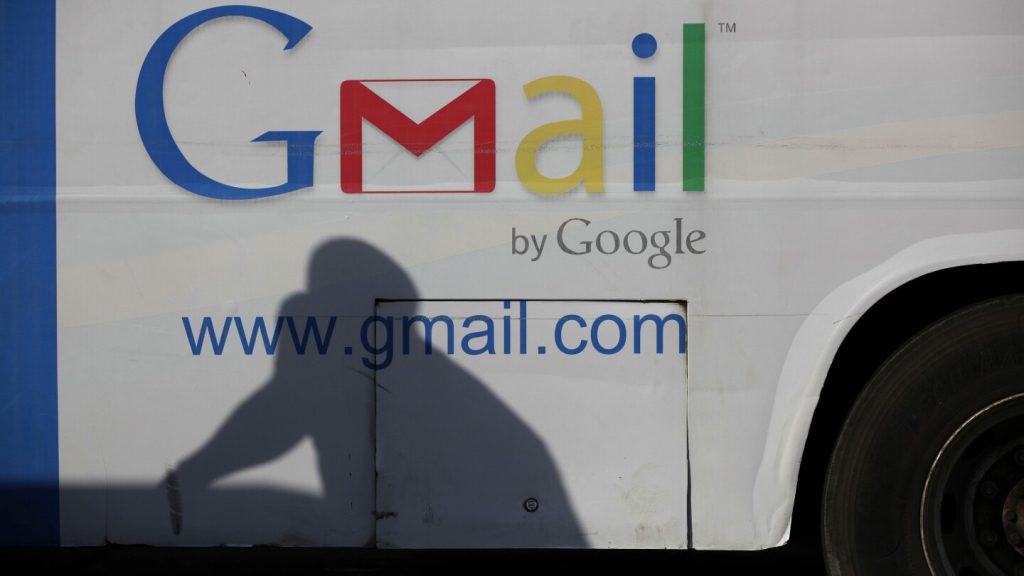Google co-founders Larry Page and Sergey Brin are known for their love of pranks, often releasing outlandish ideas on April Fool’s Day. However, in 2004, they unveiled a groundbreaking product that no one believed was possible at the time – Gmail. Offering 1 gigabyte of free storage per account, Gmail revolutionized email service by providing significantly more storage space than its competitors like Yahoo and Microsoft. It also incorporated Google’s search technology to make it easier for users to find information within their emails.
Former Google executive Marissa Mayer, who helped design Gmail, emphasized the importance of the three ‘S’s – storage, search, and speed, in the development of the product. Gmail was created as part of a project called “Caribou,” taking three years to complete. When the Associated Press published a story about Gmail in 2004, readers thought it was a prank by Google due to its unbelievable features. However, the product was real, as confirmed by an AP reporter who visited Google’s headquarters to see a demonstration by Larry Page himself.
Gmail quickly gained popularity and now boasts an estimated 1.8 billion active accounts, each offering 15 gigabytes of free storage. The concept of digital hoarding, where users accumulate large amounts of data without deleting, has become prevalent with Gmail’s ample storage capacity. This behavior has led companies like Google and Apple to offer additional storage options for a fee. Gmail’s success paved the way for Google to expand its internet empire with products like Google Maps, Google Docs, YouTube, Chrome browser, and the Android operating system.
Initially, Gmail had a limited scope due to Google’s restricted computing capacity, only supporting a small audience of users. The exclusivity factor led to high demand for Gmail invitations, with some even selling for $250 on eBay. As Google’s data centers expanded, it became easier to sign up for Gmail, eventually opening the service to the public in 2007. On April Fool’s Day in 2007, Google introduced a joke feature called “Gmail Paper,” offering to print users’ email archives on environmentally-friendly paper and deliver them through the Postal Service.
Gmail’s introduction marked a significant shift in the email service industry, challenging the traditional model of storage scarcity. By offering ample storage space and efficient search capabilities, Gmail changed users’ perceptions of email management. While the product started as a joke on April Fool’s Day, it became a game-changer for Google, setting the stage for its expansion into various internet services and technologies. Despite initial skepticism, Gmail has become an essential tool for billions of users worldwide, showcasing the innovation and vision of Google’s founders.


